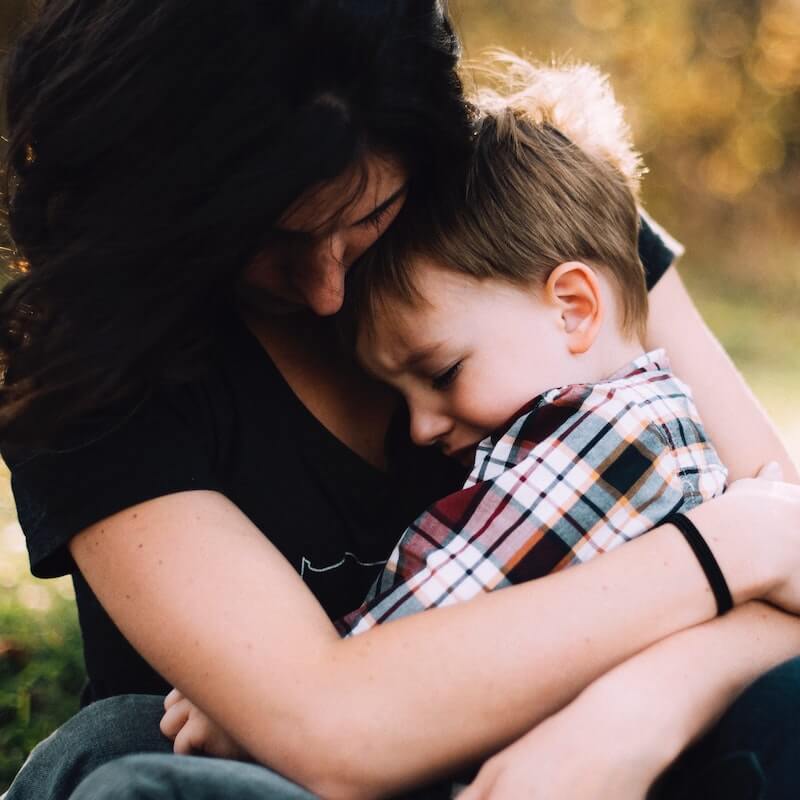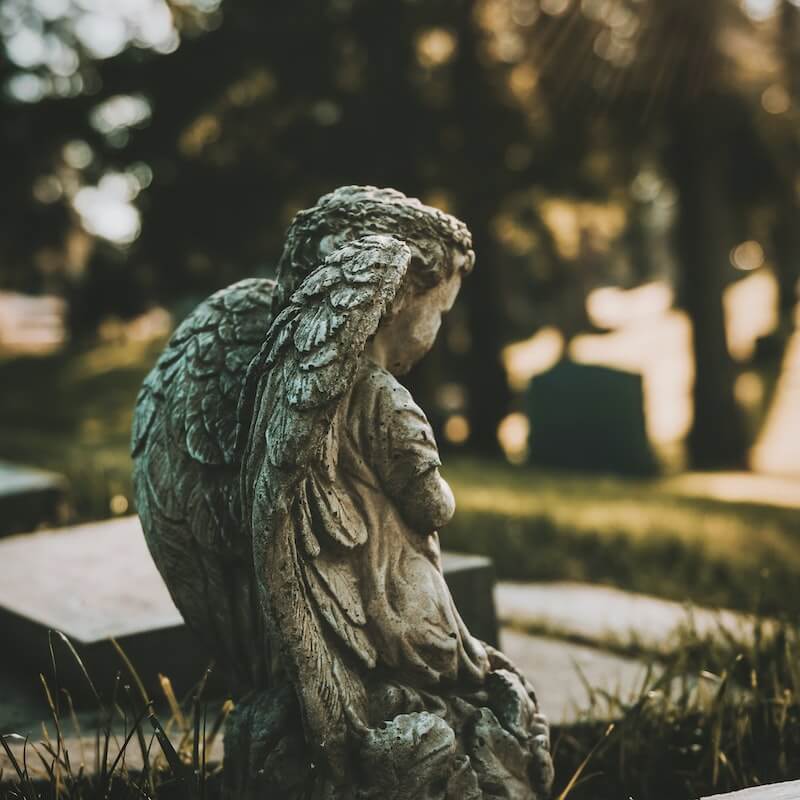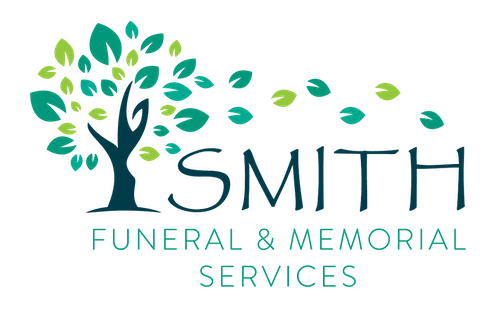What We Do
Where to Begin...
Planning a funeral can be overwhelming, but you are not alone in this. We’re here to support you throughout this journey and make this process one of love, healing, and life celebration. Below is some information to help you get started, but you can contact us at any time if you need help. When you meet with a member of our staff to discuss your arrangements, we’ll first provide you with a general price list to give you a basic idea of what our services cost. We’ll then ask you about your loved one to gain an understanding of the person the services will honor. Use this time to communicate your ideas and preferences, share your loved one’s life story, revisit memories, and highlight their accomplishments.

Our professionals will use this information to guide you in the creation of a personalized, meaningful celebration of your loved one’s life. This process may include:
- Preparing and filing the official death certificate
-
Scheduling the services and events
(including the location, date, and time) - Selecting a casket, urn, or other products you may need
- Drafting an obituary
- Arranging necessary transportation
- Selecting pallbearers

Funeral Planning
Planning a funeral is one of the most thoughtful things you can do for your family. However, grief is a confusing and difficult time, and planning a funeral in the midst of these emotions can be overwhelming.
When a Death Occurs
Whether a death is sudden or expected, the loss of a loved one is indescribable. When you are in a heightened emotional state, even the most basic decisions can seem staggering, we're here to help...

Service Options
In the interest of providing as much information to our families as possible, we've made our full catalog of services available online.Whether it is our Chapel or Front Lobby, the flexibility of our layout allows us to accommodate a broad range of services. Our facilities can support everything from very large assemblies to the smallest of quaint gatherings.
We can help you use technology to bring together family and friends from all over the world in honor of a loved one who has passed. Webcasting your loved one's service is a great way to involve those who are too ill to travel, those serving in the military, those who cannot afford to travel, or friends and family who can’t make it for other reasons.
When a Death Occurs
Whether a death is sudden or expected, the loss of a loved one is indescribable. When you are in a heightened emotional state, even the most basic decisions can seem staggering. This section seeks to guide you through the immediate hours following a passing. This guide also contains a form to help you gather some of the vital information that we will need to help plan for your loved one’s funeral.
If the person was not under hospice care, the police will have to be notified immediately. The police will be dispatched to the home and will place the call to the coroner or medical examiner. From there, the coroner or medical examiner will remove the body and determine whether further action is necessary. The coroner or medical examiner must release the body before a funeral home can do anything. If the person was under hospice care, contact the hospice representative, and they will notify family members what the proper procedures are to follow.
The staff of a care facility, such as a hospital or nursing home, will notify you and the necessary authorities immediately after a death has occurred. If a funeral home has been provided to the hospital or nursing home, they will be notified at the time of passing. If you are present at the hospital when the funeral director arrives, they will ask a few questions about the deceased’s wishes and set up a time to make arrangements. If you are not present, a funeral director will contact you by telephone to discuss these arrangements.
Once everything has been cleared with the proper authorities, the next call you place should be to a licensed funeral director. Funeral directors are here to help you obtain a death certificate, transport the body, and, in the event a plan ahead was not done, select a casket or urn and arrange the funeral or memorial service. The funeral director will also help you notify the employer and insurance company of the deceased. Funeral directors are there to help you and advise you.
You should meet with a funeral director within 24 hours of a death to begin making final arrangements for your loved one. Deciding on these final arrangements may seem like a very daunting task, especially when you are in heightened emotional state. Do not worry: funeral home staff have years of experience, and will strive to ensure everything goes as smoothly as possible.
Making Arrangements
First, the Funeral Director will gather information required for the death certificate. This includes:
- Full Name and Address
- Marital Status
- Race/Ethnicity
- Date and City of Birth
- Highest Level of Education
- Father’s Name, Mother’s Name (including maiden name)
- Name of Spouse (if married or widowed)
- Occupation and Employer
The funeral director will also need pertinent documents required to do all the legal paperwork, such as:
- Account Statements
- Beneficiary Designations
- Life Insurance Policies
- Real Estate Deeds
- Car and Boat Deeds
- Stock and Bond Certificates
- Pre-Nuptial Agreements
- Post-Nuptial Agreements
- Loans and Leases
- Copies of Bills (Hydro, Cable, Phone etc.)
- Last Will
- Tax Returns
If no plan ahead has been done, necessary arrangements need to be made for the funeral service. These include:
- Scheduling the location, date and time of the visitation and funeral service
- Selecting burial or cremation
- Choosing Funeral Products
- Arranging a cemetery plot
- Preparing an obituary notice
- Scheduling transportation arrangements
Extra Details...
A funeral director will guide you through all of these steps, using your wants, needs and desires as a foundation to create a memorable funeral for your loved one. From here the funeral services can be personalized. Did your loved one have a favorite sports team? What was their favorite type of music? What activity was your loved one known best for? Sharing these memories with the grieving process will allow you to pay tribute to the life of your loved one.
Burials
There are many things to consider when deciding if burial is right for either you or your family, whether it is at the time of death or if you are pre-planning a funeral. One of the first decisions you’ll need to make involves choosing both the cemetery and the specific grave location within its grounds.
First is the purchase price of the “right to use” the burial plot (unlike a real estate purchase, where you buy the land and all the structures on it; here you are only purchasing what is called the “interment rights” to the land). In addition, there are fees for the “opening” and “closing” of the gravesite; and any fees required to obtain the necessary permits and to maintain cemetery files and records. In addition, there’s the fee for the use of any special equipment (such as a casket-lowering device); as well as the costs for any other services or items purchased. There’s also the headstone or grave marker installation fee, and a one-time “perpetual care” (sometimes called “endowment care”) fee paid to ensure your loved one’s burial site is well-maintained.
This is a question we hear a lot. Many funeral homes suggest (and may even go so far as to require) embalming if you’re planning a viewing or visitation. That’s because they want the experience to be as good as it can be for those in attendance, and proper embalming can ensure the deceased looks as good as possible. But as a general rule, embalming is not necessary or legally required if the body is cared for in a relatively short amount of time. Please contact us for specific state or local requirements.
The Federal Trade Commission states that average casket costs around $2,000. If you are concerned about casket costs, speak with your funeral director who can advise you on the most appropriate casket for your situation and your budget.
Today, modern cemetery grounds are well-groomed, with vast expanses of green grass. A burial vault protects this pristine view, ensuring there is no sign of burial plots “settling”. Certainly the vault also protects the casket; but the primary role of a burial vault is to protect the beauty of the cemetery environment.
If your loved one has not made previous arrangements for their burial, leaving you to pick the location of their interment, the first thing you’ll need to do involves the selection of the cemetery and burial location within the grounds. You’ll also choose the most suitable casket and burial vault, and provide us with the clothing you’d like your loved one to wear (and any ‘special items’ you’d like us to place in the casket) . Once payment is made, the date and time of interment is agreed upon. At that time, the cemetery grounds keepers will take care of the “opening” and “closing” of the grave and the proper placement of the casket in the burial vault.
The cemetery will put a temporary identification marker on your loved one’s grave, but it is only intended as a placeholder until a permanent headstone or grave marker is set in place. Without one, your loved one’s burial site will, when this temporary marker becomes illegible or is somehow removed, appear “unmarked”.
We, and the cemetery where your loved one will be interred, have strong working relationships with trusted monument companies. When you are ready to order a granite headstone or bronze grave marker, we will come together to orchestrate its selection, manufacture and placement. Speak with your funeral director to get the details.
When we make arrangements for the direct burial of an individual, we are expediting their interment. There will be no funeral, memorial service or celebration-of-life; instead, we provide the physical care of the deceased (perhaps embalming their body, but certainly dressing and casketing) and then escort the casket to the cemetery for immediate burial.
It’s very hard to know without having the opportunity to speak with you. Direct burial works well when there are few mourners or if your loved one’s wishes were for a simple interment. It’s done quickly and professionally, without ceremony of any kind. With that said, what do you think? Does direct burial feel like the right course of action for you? Speak with a funeral professional to further explore the idea.
Your funeral director will complete and file the death certificate, obtain signatures on any required permits or authorizations, helps you select a cemetery in which to inter your loved one, as well as a casket and burial vault. He or she will oversee the physical care of the deceased: they will be dressed in clothes you’ve provided (or purchased from us), casketed, and then escorted to the cemetery for immediate burial. This same individual will witness the burial and provide you with copies of all pertinent papers for safekeeping.
Rather than having a service in a church or funeral home chapel, and then adjourning to the cemetery for the burial; some families choose to gather solely at the cemetery. There, they are led through a ceremony prepared by a clergy person or celebrant and witness the in-ground committal of their loved one’s casket. If the idea of a graveside service appeals to you, speak with your funeral director about your options.
Some of the things you’ll discuss with your funeral director involve purchases made from outside vendors, and you will be asked to pay for those items at the time of the arrangement conference. One of the most common is the fee charged by a newspaper to print your loved one’s obituary. Another cash advance charge could be for clergy or musician’s fees, floral arrangements, reception necessities, such as food/beverage or facility rental. Your funeral director will provide you with a detailed invoice for all cash advance items.
The exact answer to this question largely depends upon the services, products and cemetery you’ve selected; but a good rule of thumb is to expect to pay at the time the service contract is signed (at the time of the arrangement conference, or soon afterwards). Speak with your funeral director to learn more.
We’re tempted to answer this with another question: who would you like to write it? Perhaps you’d like to ask a friend or family member to do so; maybe you’re thinking it’s something you would like to do. Or perhaps you’d rather turn the duty over to your funeral director. He or she is experienced in obituary writing, and would be delighted to relieve you of the task; so don’t hesitate to ask them to craft a suitable obituary.
We don’t like to use the word “should” when we speak to families about this issue. So the question becomes one of assessing your heart’s desire: what do you really want? Then there’s the question of your deceased loved one’s wishes; exactly what would he or she think or feel? Most commonly we advise families to offer their community as many caring options as possible; some will send flowers, some will send donations; and some will even do both.
Cremations
Part of making funeral arrangements on behalf of a loved one involves choosing between burial of the body, or cremation. Certainly this is a big decision, based on any number of factors: religious or spiritual beliefs, finances, or ecological awareness are just some of the reasons we’ve heard for choosing cremation. Before you can make the choice, you need to know exactly what it is you’re considering. You can learn the basics below, however, if the content here raises additional questions for you, please give us a call. One of our cremation specialists will address any of your inquiries or concerns.

- Cremation typically costs one-third of the cost of a traditional burial. While it's true that cost is a big factor for many families, it's important to remember that cremation is only one part of providing meaningful end-of-life care for a loved one.
- Concern for the environment ranks high among many who choose cremation. Casketed and embalmed remains take up cemetery space and can pollute the ground water but many still question the amount of atmospheric pollution created by the cremation process.
- Cremation allows a family the flexibility they may need in planning and preparing for a memorial service, celebration-of-life, or a scattering ceremony. While the cremation process can occur almost immediately (once all the proper paperwork is complete), the decisions required in planning a meaningful memorial for a loved one can be made in a relaxed, rational way.
Cremation is the process of reducing the human body using high heat and flame. Cremation is not the final disposition of the remains, nor is it a type of funeral service.
No, a casket is not required. Most states require an alternative container constructed of wood or cardboard; however, in some states, no container is required.
No. It is against the law for a funeral home to tell you otherwise.
Yes, most crematories allow immediate family members to view the deceased prior to cremation.
Yes they can; some cremation providers will allow family members to be present when the body is placed in the cremation chamber. Some religious groups ask for this as part of their funeral custom.
Nearly all Protestant Churches allow for the urn to be present during the memorial service. Most Catholic Churches also allow the remains to be present during the Memorial Mass. Including cremated remains as a part of the funeral provides a focal point for the service.
While laws vary state by state, for the most part, remains can be buried in a cemetery lot or in a cremation garden, interred in a columbarium, kept at home, or scattered.
All reputable cremation providers have developed rigorous sets of operating policies and procedures in order to maximize the level of service and minimize the potential for human error. Since it is illegal to perform more than one cremation at a time, and the vast majority of crematories can only cremate one body at a time, it is next to impossible to receive the incorrect remains.
It all depends on the weight of the individual. For an average sized adult, cremation can take two to three hours at a normal operating temperature of between 1,000 and 2,000 degrees Fahrenheit.
Cremated remains resemble coarse sand and are whitish to light grey in color. The remains of an average sized adult usually weigh between 7 and 8 pounds.
An urn is not required by law. An urn may be desired if there is to be a memorial service or if the remains are to be interred in a cemetery. If an urn is not purchased or provided by the family, the cremated remains will be returned in a temporary plastic container.

